Most Popular
Rising Virtuosos
-
1
'Nerd' pianist Kim Jun-hyung unveils artistic vision at Kumho
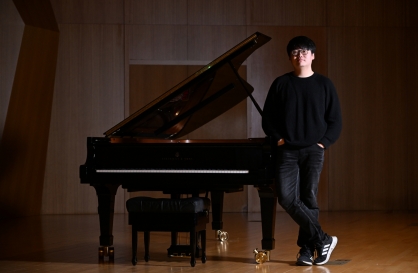
-
2
Multitalented pianist Kim Song-hyeon pursues his potential
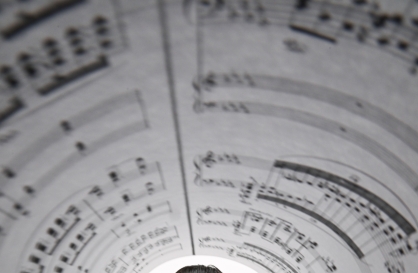
-
3
Violinist Park Sueye: an evolving talent with five albums and counting
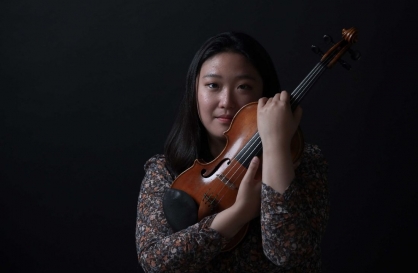
-
4
With perfectly matched instrument, violist Park seeks to touch hearts and expand musical horizon
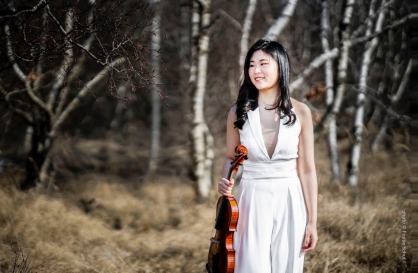
-
5
Cellist Han Jae-min, now done with competition, seeks to grow as musician
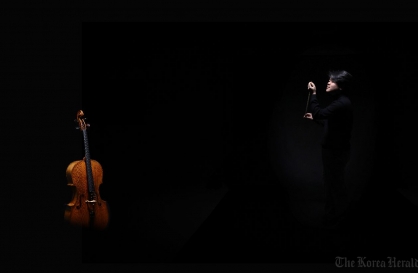
[Rising Virtuosos] With perfectly matched instrument, violist Park seeks to touch hearts and expand musical horizon
By Park Ga-youngPublished : May 20, 2023 - 16:01
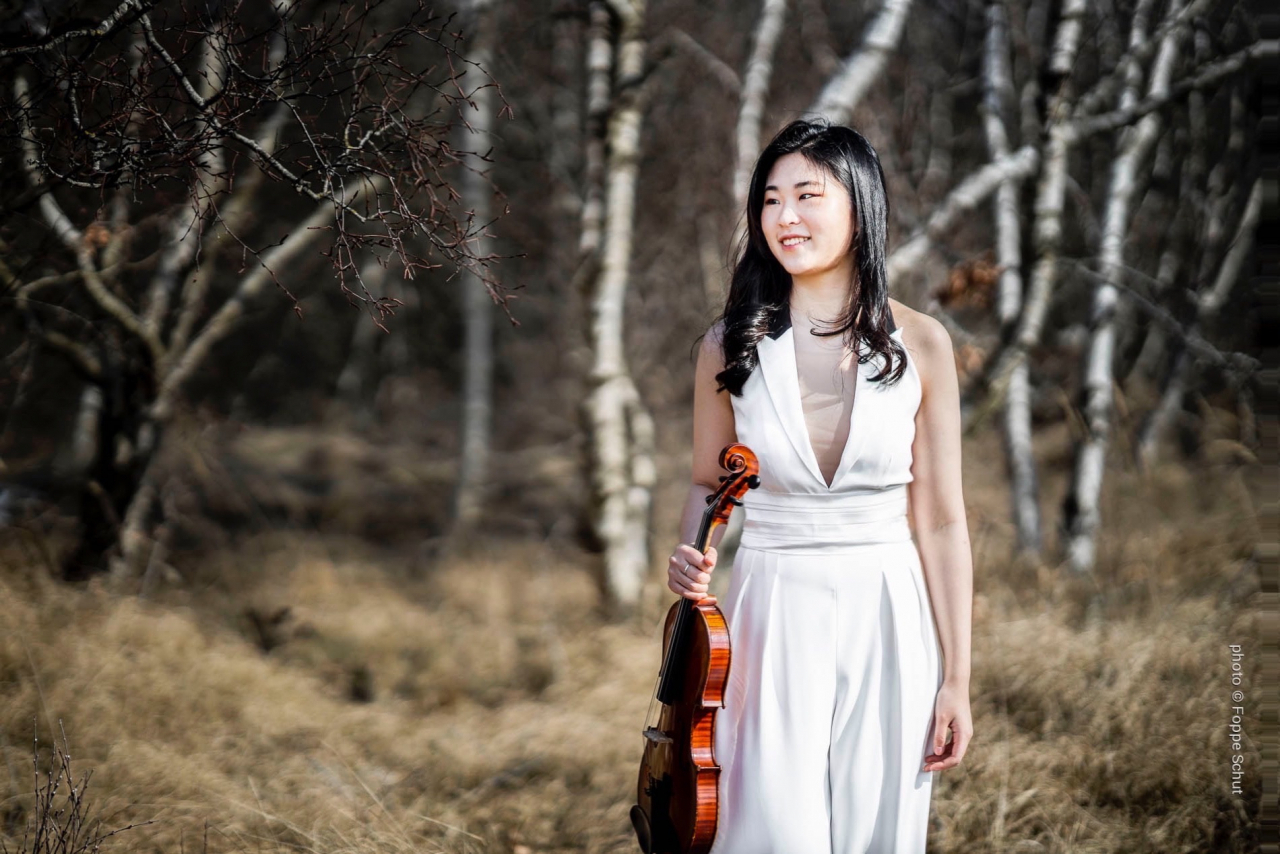
Park Ha-yang, a Korean violist, exudes a calm and soft-spoken demeanor. Despite winning several domestic and international competitions since the age of 12, the 26-year-old confesses she isn't particularly fond of competitive environments.
Although her parents initially had reservations about their only child pursuing a career in music, they had long created an environment filled with classical music by playing a dedicated radio channel throughout the day. Park's passion for music began with playing the piano, later transitioning to learning the violin in elementary school.
However, it didn't take long for her to realize that her true affinity lay with the deeper sounds of the viola. “When singing, I volunteered for alto parts, adding harmonies to melodies was fun and enjoyable,” she said during an interview with The Korea Herald.
This inherent inclination toward human-voice like sounds and a supportive role perfectly align with her musical sensibilities.
She has taken home many prizes from domestic and international competitions for the viola since the Leopold Bellan International Music Competition at the age of 12.
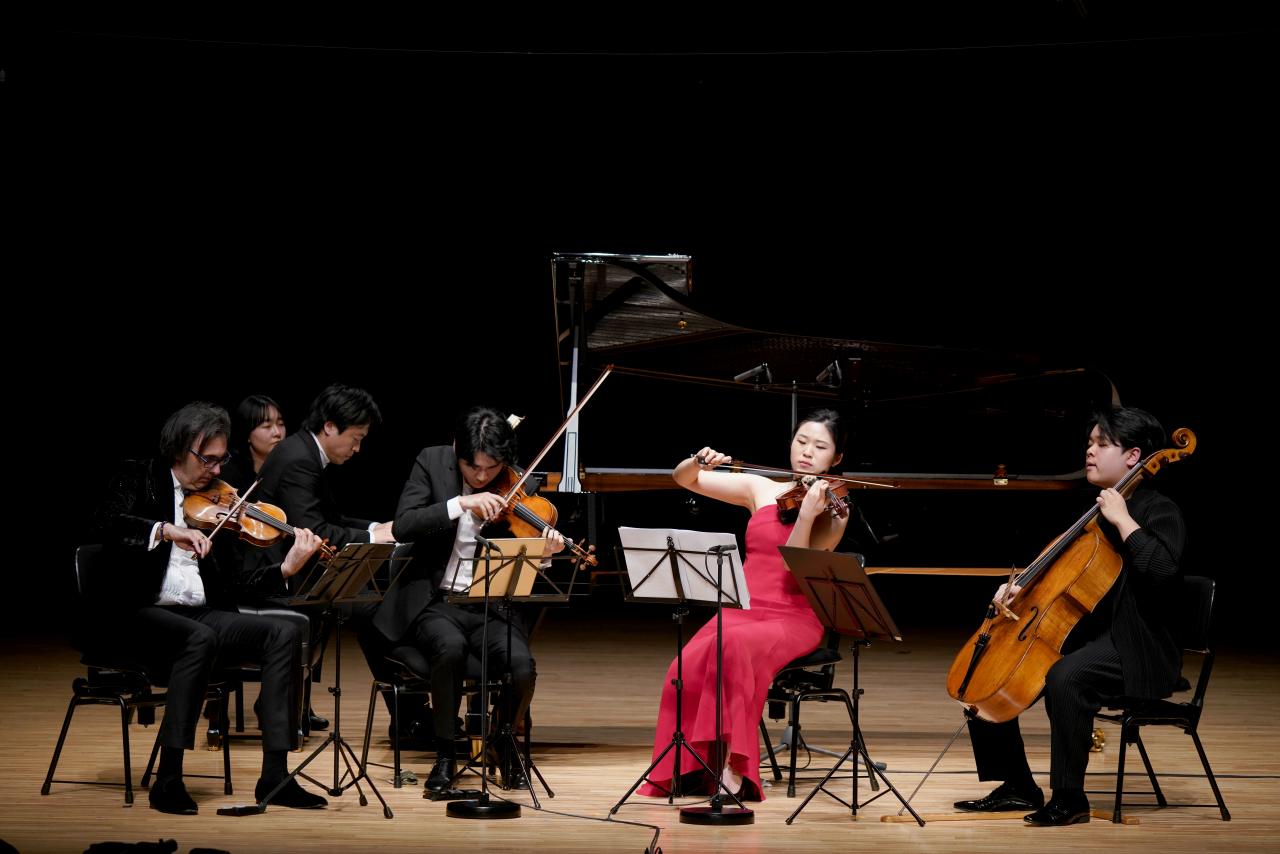
In 2022, she became the first Korean to win the Tokyo International Viola Competition. Participating in competitions is a necessary evil, according to her.
“Competitions are the easiest and fastest way to make a name for yourself and to gain performance opportunities,” said Park, who will be based in Europe for the foreseeable future, where she is pursuing her Master's degree at the Kronberg Academy in Kronberg, Germany with Nobuko Imai.
That’s for especially for violists who have significantly fewer chances to do solo performances.
Since the viola has only recently gained recognition as a solo instrument, the repertoire before the Romantic era is lacking, she explained.
“I think about arranging music and wonder if I could play the viola while listening to other instruments,” Park said.
She believes that anything is possible for the viola, highlighting its versatile role in various endeavors within contemporary music.
Examples of exploring various innovative approaches with the viola are: Jorg Widmann's "Viola Concerto," Ligeti's "Sonata for Solo Viola," Kurtag's “Signs, Games and Messages” and Konstantia Gourzi's "Evening at the Window."
Park was so captivated by "Evening at the Window" that she will perform the piece in Japan and Bucheon, South Korea later this year. The piece was inspired by Chagall's painting of the same name and consists of six short movements that portray different details of the painting. A notable feature of the piece is the attachment of a bell to the performer's right ankle, allowing the creation of bell sounds by shaking the ankle during the performance.
With the viola brimming with untapped potential, and Park being a performer poised to expand the instrument's horizons, she aspires to be a musician capable of deeply touching people's hearts, much like the profound impact she experienced while taking the stage under the baton of Seiji Ozawa in Japan.
In 2019, Park spent 10 days delving into the world of ensemble music at the annual Seiji Ozawa International Academy in Switzerland. The academy was supposed to end with Ozawa coming to Europe to conduct a string orchestra consisting of approximately 20 students. But that year, the maestro was struggling with cancer so the students went to Japan. Park performed in quartets and string orchestra pieces at the Saito Kinen Matsumoto Festival, with Ozawa conducting.
Fragile Ozawa came out to the stage with someone’s assistance and once the music ended audiences cried for about five minutes.
“The feeling I had that time was a spiritual experience," she recalled.
She realized that it is possible to create music that transcends the human realm, and she understood that dedicating her entire life to creating such moments is worthwhile. She felt a sense of profound meaning and value in dedicating her lifetime to this pursuit.
This is the second in the "Rising Virtuosos" series introducing the next generation of talented and accomplished classical musicians of Korea. The series will give readers an intimate look at the exceptional artistry and passion of young musicians who are making their mark on the international classical music scene. --Ed.
























![[Today’s K-pop] Treasure to publish magazine for debut anniversary](http://res.heraldm.com/phpwas/restmb_idxmake.php?idx=642&simg=/content/image/2024/07/26/20240726050551_0.jpg&u=)